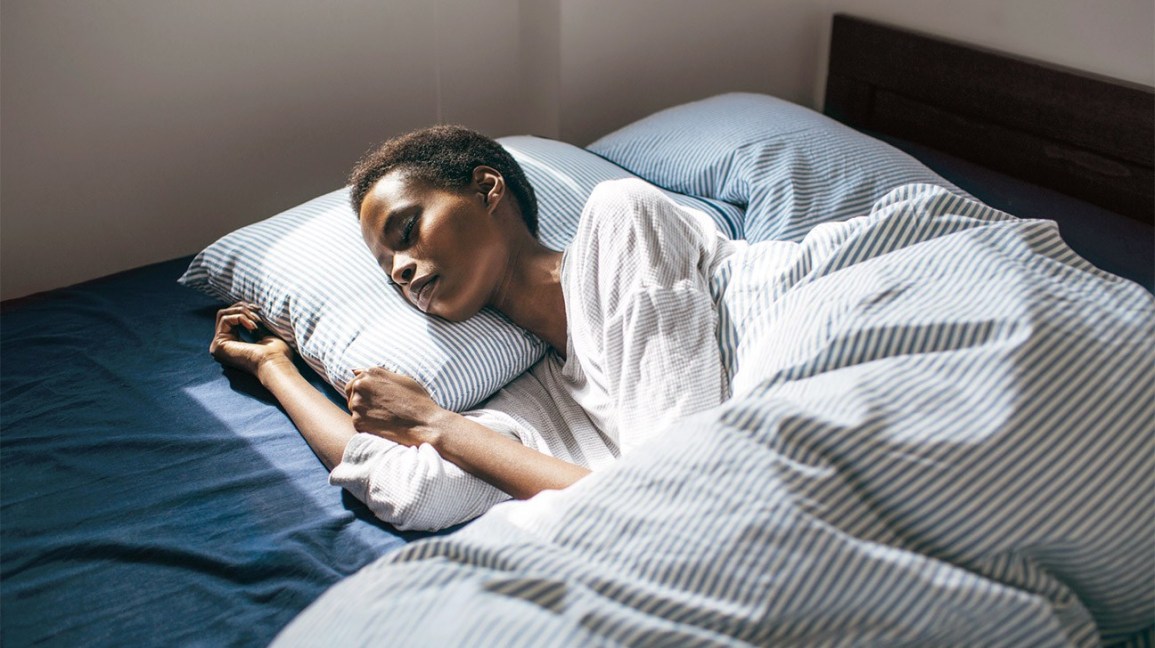The pandemic has led to changes in the way we live and the way we feel as well. It has upheaved our routines in ways we would not have thought possible before. You can surely mention what has changed in your life, but have you also noticed a shift in your sleep quality?
People across the world sure have. A lot of people around the globe have started sleeping late despite being tired, leading to Revenge Bedtime Procrastination.
The increased set of sleep disturbances iscalled coronasomnia and it has drawn the attention of many researchers across the world. Coronasomnia, much like regular insomnia, has been characterized by restless sleep, waking up tired, being unable to sleep or falling asleep in the early hours without being able to go to sleep earlier. Some even face an increase in nightmares and anxiety during the night. Coronasomnia has been reported everywhere where the virus hit hard, from China to the United States, and has been identified as a phenomenon distinct from regular insomnia due to how high the problem spiked when the pandemic got going.
How do you know if you are being affected by coronasomnia? Consider whether your sleep patterns have been changing for the worse since the problem started. See whether you can link your current sleep disturbances to the shift in social, emotional, economic, and other circumstances linked to the coronavirus.
Our bodies and brains are sensitive to the circumstances we are currently experiencing. When there are shifts, we respond to them accordingly. While the pandemic has not touched everyone through contagions, most people have been affected in some way. Our usual routines have been disrupted, our social engagements have gone down or perhaps even disappeared, and many have found themselves at home with a lack of borders between work time and space and leisure time and space.
Stress often leads to sleep disruptions, and stress during the pandemic has been relentless. Even when we become more accustomed to this way of living, there are stressors that just will not go away – worries about health, concerns about the future, financial troubles, and more. This background stress is likely one of the reasons why sleeping has been disrupted so much and on such a massive scale.
In a way, coronasomnia showcases the importance of sleep for our well-being, It provides insight into the delicate mechanisms of sleep and how careful we need to be with our schedules and self-care.
What can you do with coronasomnia? You should consider what is hitting you hardest and how you can work to reduce your stress levels and improve your schedule to be more consistent. Coronasomnia might not go away until the pandemic well and truly ends, but there are definitely small improvements that can make it easier to handle.
Coronasomnia is an unexpected and unpleasant side effect of a serious issue that nobody was anticipating. Cut yourself some slack and give yourself as many chances to rest and sleep as you need. Setting a sleeping schedule and working to relax during the day can help as we wait for it to be over.
If you are interested in reading more such great content, I highly recommend checking out the blog betterauds.com which has a lot of great content like this.
